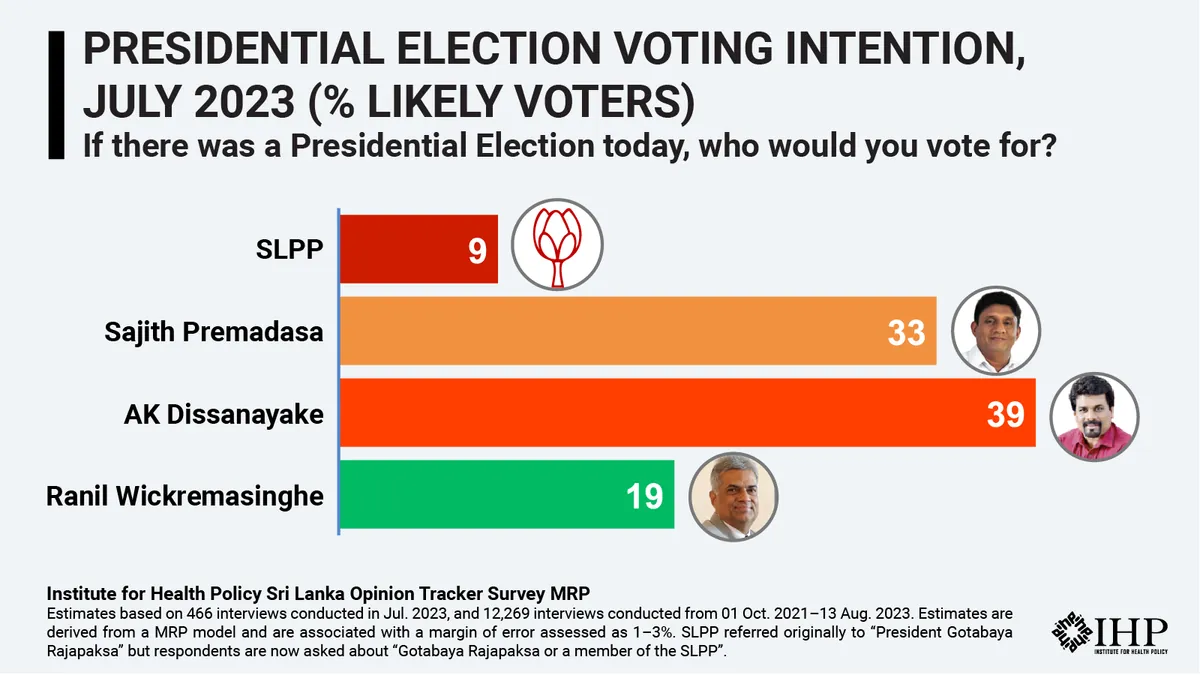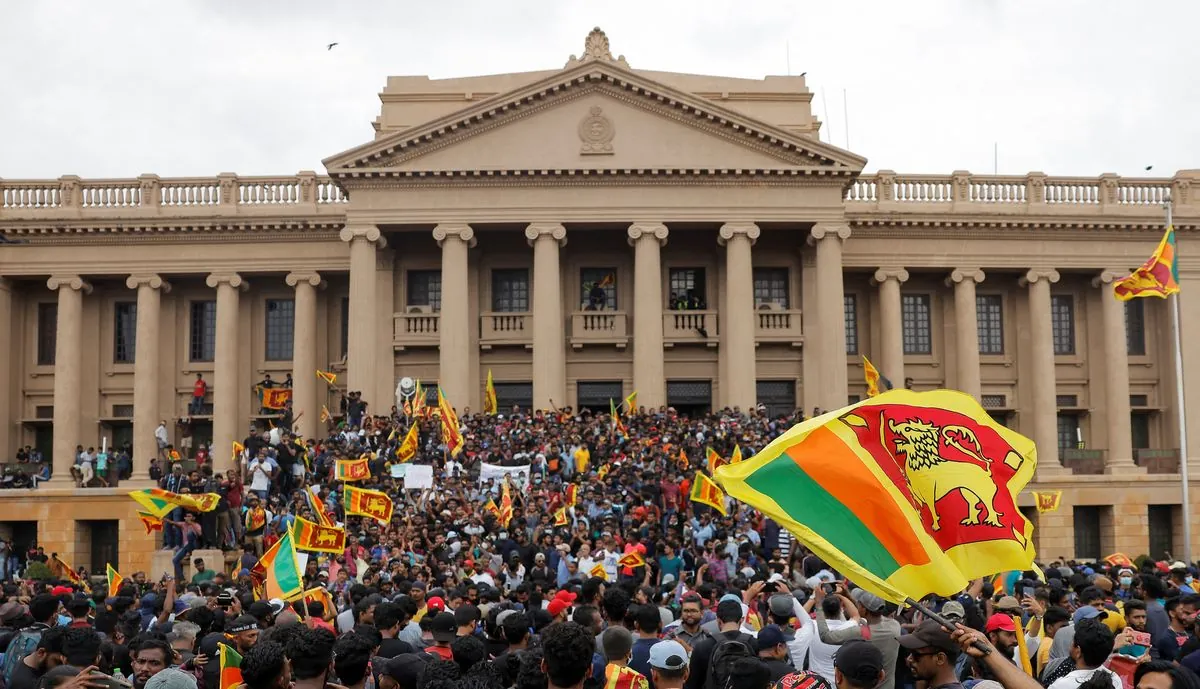Sri Lanka's Political Crossroads: Election Looms Amid Unresolved Challenges
Sri Lanka prepares for its first presidential election since the 2022 protests, with lingering economic and political issues. Former demonstrators struggle to unite behind a candidate, reflecting ongoing demands for systemic change.

Two years after mass protests forced Sri Lanka's president to flee, the nation is poised for its first presidential election since that tumultuous period. The upcoming vote, scheduled for September 21, 2024, comes as many citizens express ongoing frustration with the country's political and economic landscape.
In 2022, Sri Lanka experienced a severe economic collapse, triggering widespread demonstrations that united people from diverse backgrounds. This unprecedented movement, which sought to reshape the long-established government, initially sparked hope for change in a country burdened by years of conflict and financial instability.

As the election approaches, many Sri Lankans continue to voice concerns about corruption, economic mismanagement, and the persistence of established political figures. Former protesters, once united in their cause, now find themselves divided on the best path forward for the nation.
Ranil Wickremesinghe, who assumed the presidency following the protests, has made efforts to stabilize the economy. However, his policies, including tax reforms and a debt restructuring program, have led to increased living costs and ongoing discontent among the population.
"We wanted to create a new party, a new political culture, and emerging leaders, but we could not do that."
While acknowledging some economic improvements, Kerner and others argue that many of the protest movement's political demands remain unaddressed. These include accountability for the economic crisis and a reduction in presidential powers.
The upcoming election features several candidates promising significant political changes. Sajith Premadasa, the opposition leader, and Anura Dissanayake, who heads a new leftist coalition, have both pledged to renegotiate terms with the International Monetary Fund.
Sri Lanka's complex history and current challenges are reflected in its diverse population of approximately 22 million people. The country, known for its rich biodiversity and cultural heritage, including eight UNESCO World Heritage Sites, has faced numerous obstacles since gaining independence in 1948. The civil war, which lasted from 1983 to 2009, resulted in over 100,000 casualties and left lasting scars on the nation's social fabric.
Despite these challenges, Sri Lanka boasts a literacy rate of over 90%, one of the highest in South Asia. The country's economy, traditionally reliant on tourism, tea exports, and remittances from overseas workers, faced significant setbacks due to the COVID-19 pandemic and subsequent economic crisis, culminating in its first-ever foreign debt default in May 2022.
As the election approaches, new political movements are emerging, reflecting a growing political consciousness among Sri Lankans. Swasthika Arulingam, a human rights lawyer and member of the Tamil minority, sees this diversification of political voices as a positive development for democracy.
"Political parties and candidates can no longer come and say whatever they want. People are asking questions now."
While the road ahead remains uncertain, many Sri Lankans continue to advocate for systemic change and a new political culture that can address the nation's longstanding challenges and guide it towards a more stable future.


































